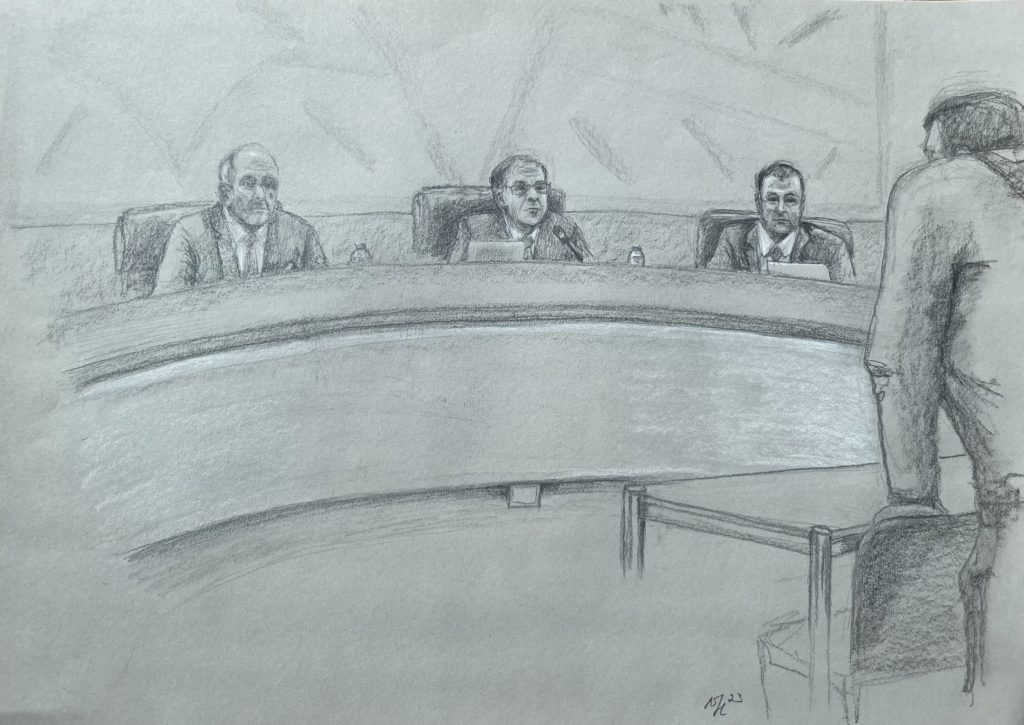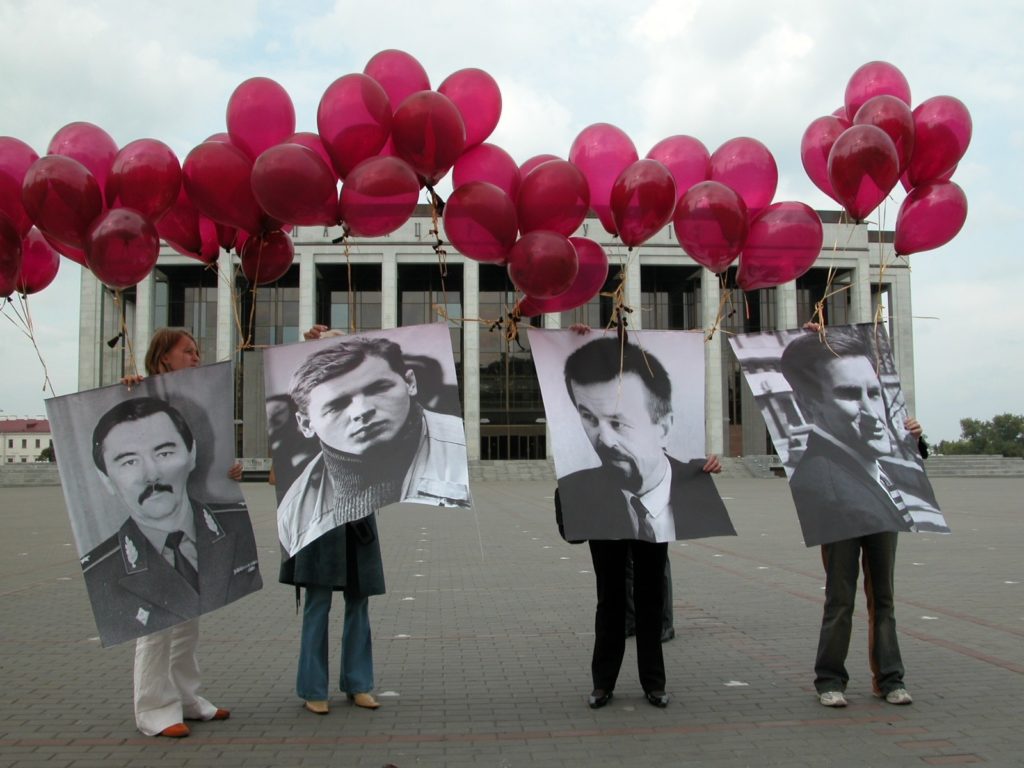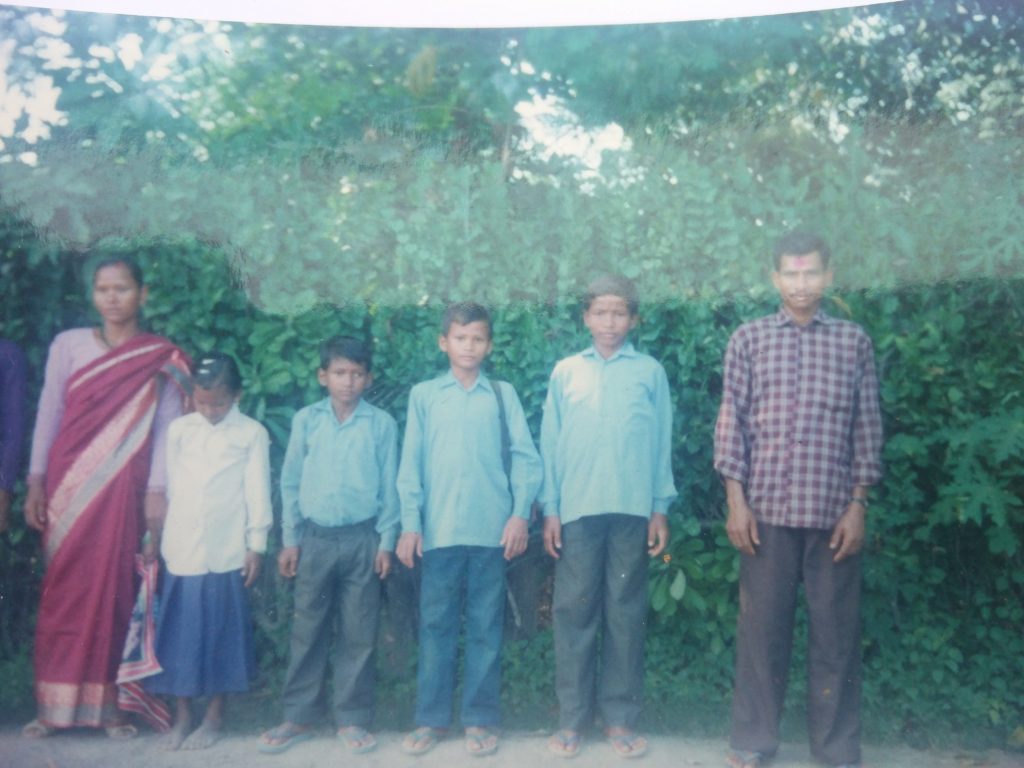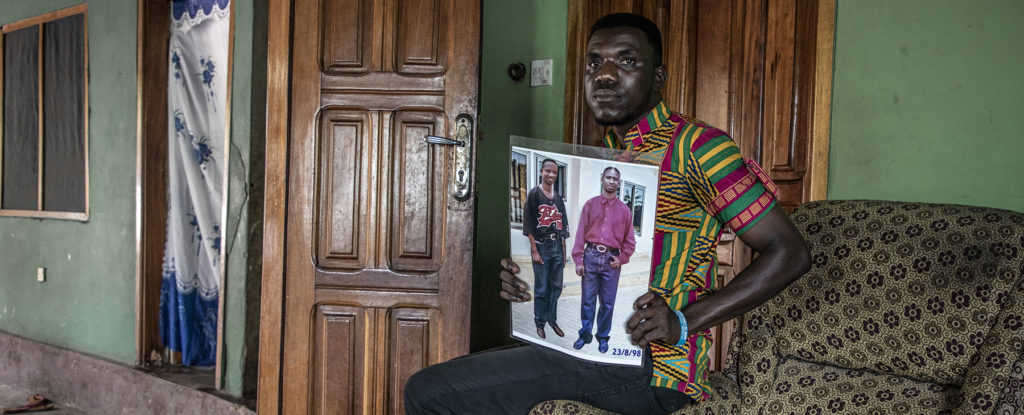BiH: families of the disappeared “exhausted by the local authorities’ lack of cooperation”
Geneva, 6 July 2010
During the month of June, TRIAL (Track Impunity Always-a Swiss Association against Impunity) submitted to the European Court of Human rights two individual complaints against Bosnia-Herzegovina concerning the enforced disappearances of Esad Aliskovic and Enes Ramulic following an action carried out by Serb forces. These two cases become the 13th and 14th respectively which TRIAL has submitted to the European Court.
On 20 July 1992, during the period that ethnic cleansing operations were being carried out in the greater Prijedor region, the Yugoslav army attacked Rakovcani, a village in the “Brdo” sector of the municipality of Prijedor. The soldiers arbitrarily arrested a large number of men in the village, including Esad Aliskovic and Enes Ramulic, and escorted them to a destination undisclosed to their families.
Several witnesses have reported to the International Criminal Tribunal for the former Yugoslavia (ICTY) that following the attacks which took place in the Brdo sector, the men who were arrested were taken to the Keraterm camp and held for several days in the No 3 unit. On 24 July, the soldiers opened fire against the persons being held at this unit, resulting in the death of around 130 persons. The bodies were then taken away to a place which has remained unidentified to this date.
However several eyewitnesses have reported that neither Esad Aliskovic nor Enes Ramulic was killed during this massacre. In the case of Esad Aliskovic, he was said to have been ordered, together with another twenty or so other detainees, to leave the camp on the eve of the tragic event and reportedly taken from there to an unknown destination. As to Enes Ramulic, he was indeed held in the No 3 unit on the day of the massacre but was said to have survived the shooting. A few days later he was reportedly transported, together with the other survivors, to a destination which has also remained unidentified. This is the last time that both men were seen alive: they have been missing without trace ever since.
More than 18 years after this incident, no official, prompt, impartial, comprehensive and independent enquiry whatsoever has been undertaken by the BH authorities in order to locate Esad Aliskovic and Enes Ramulic and where appropriate to locate, identify and return their remains to their families. Nor to this date has anyone been prosecuted, judged or punished for these crimes. The close relatives of the missing men have regularly registered their condemnation of these events with the competent authorities and also with the international organizations present in Bosnia-Herzegovina and other institutes in charge of handling cases concerning missing persons.
On 16 July 2007, the Constitutional Court of Bosnia-Herzegovina notably ordered the relevant national institutions to divulge all available information concerning the fate and whereabouts of Esad Aliskovic and Enes Ramulic. Nevertheless, as of today’s date, the Bosnian authorities have not complied with this order nor have they supplied any noteworthy information whatsoever to the applicants.
According to Philip Grant, President of TRIAL, “the families of those disappeared are weary of the lack of cooperation on the part of the national authorities. Not only must they mourn their loved ones without having any proper information on their fate, but they must also live with the conviction that those responsible are going unpunished”.
For this reason, in June 2010, TRIAL lodged two individual complaints with the European Court requesting that it condemn Bosnia-Herzegovina for violation of Articles 2 (right to life) and 3 (prohibition of torture and other inhuman and degrading treatment) of the European Convention on Human Rights for not opening up the obligatory enquiries and proceedings. They also contend that they themselves are victims of violations of Articles 3 and 8 (right to respect for family and private life) due to the impassive attitude of the authorities with regard to their distress, as well as the impossibility to properly mourn and bury their loved ones according to their religious beliefs.
Overall Context
It is estimated that between 100,000 and 200,000 persons died as a consequence of the conflict in BH during the period 1992-1995 and that between 25,000 and 30,000 were victims of enforced disappearance. As of today, between 10,000 and 13,000 people are still missing without trace.
Since its creation, TRIAL has submitted fourteen cases concerning Bosnia-Herzegovina to the European Court of Human Rights. Seven other cases are the subject of proceedings before the United Nations Human Rights Committee. Overall, these proceedings concern 55 victims of enforced disappearances or massacres, as well as their close relatives.
TRIAL is also active on other cases of enforced disappearances or torture whether it be in Algeria, Libya or Nepal and has taken action on behalf of more than twenty families before the various relevant international legal instances.
For further information










